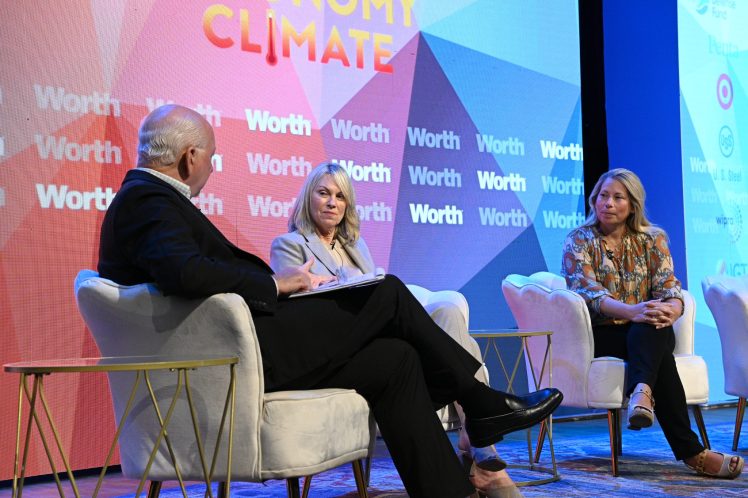Industrial-scale mining techniques are now available to governments, large corporations and even individual prospectors. What are the new tools of big data? Read excerpts from the conversation below.
MANYIKA: Is this big data thing a fad or truly transformational?
MAYER: We will end up not thinking that much about big data because it will just become a fact of life.
MERRITT: The online environment is a good clue-source to intent and behavior. It’s really looking at body language online, which can be clustered with like human characteristics to determine in-the-moment desire.
MAYER: It gets you into a realm of business models that can be a lot more personalized.
DESOUZA: Big data could change everything in an organization, but it’s a lot of work, and it requires a lot of retooling. For most companies, the bang is going to be initially in marketing.
MERRITT: You get unexpected results at least half the time.
MANYIKA: With mobile devices we have contextual location information. We also have sentiment and transaction data. Is the big opportunity here that we can now mash up things we didn’t normally put together?
DESOUZA: It’s not even that you can mash it up, it’s that you have things alive on the network that are giving you data in a way that you didn’t have it before. Things collect data today that didn’t collect data even three years ago.
MESSER: If big data is not in some way distilled into digestible pieces for organizations so that lower-level employees can act on it, it will be useless.
MANYIKA: You could argue that healthcare, government, and the public sector are very consumer-facing, delivering products and services to people, interacting with them as individuals. How much of an impact will big data have on those industries?
DESOUZA: Financial services and credit card companies are jumping on big data and driving the revolution. In healthcare, the revolution is starting from the bottom. It’s end users doing self-tracking, wearing their Nike thing when they run to give them data.
MAYER: Individuals, generally speaking, don’t generate big data. To see that type of thing, you need to get people pooling their data, and institutions make that very hard right now. The laws make that very hard.








